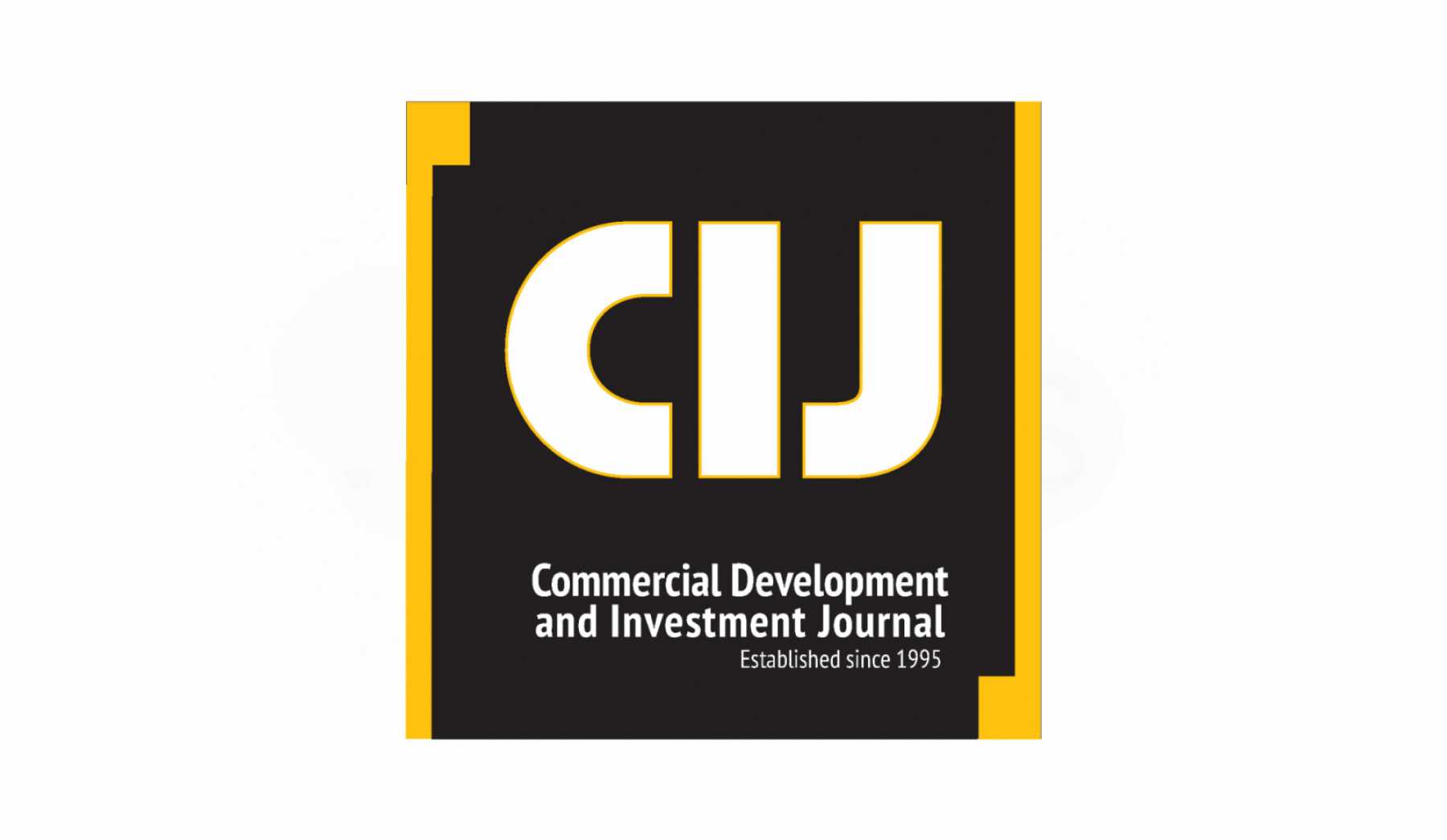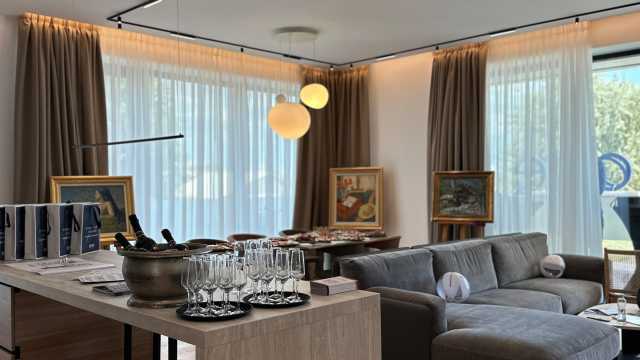One United’s founder Victor Căpitanu is pushing into residential and commercial leases to give his company greater diversity of income.
How many projects do you have underway right now?
We have under construction One Herastrau Plaza (156 design apartments) which will be delivered this summer and One Charles de Gaulle (33 design apartments and our most exclusive development) which will be delivered this quarter. These are our two most advanced developments. And we have started construction at One Mircea Eliade on the former site of Automatica/former Ford Factory. One Herastrau Plaza and One Charles de Gaulle are almost sold out (8 units available to sell out of 189), and we have just started selling One Mircea Eliade.
Our most recent completion is One Herastrau Park (2017), which is an award-winning residence with 105 design apartments and breathtaking views to Floreasca & Herastrau lakes.
Do you begin building as soon as you have permits or you wait for a certain level of pre-sales?
By the time we have the permits we always have a big waiting list so we begin building immediately and we start with the sales. With One Mircea Eliade for example we have 230 exclusive design apartments to sell (or rather 180 since we will keep 50 to rent). For the 180 available apartments, we had a waiting list of more than 300 interested buyers, and as soon as we have started selling them, we have immediately signed precontracts for more than 50 of them.
The demand for One Mircea Eliade is the strongest we have ever seen for any of our developments.
How quickly are prices rising?
Prices rose because construction costs have increased about 20 percent in the last three years. But consumer purchasing power is also rising. People have bigger salaries now so they can afford to pay more. So, selling prices are increasing at a rate of approximatively 5 percent per year. I think probably over the last three years they increased about 15 percent and for the next few years going at a five percent rate.
You said you'd keep a certain number of flats to rent out. Why?
We think that for some of our apartments there is a good chance of appreciation on the price (due to the unique locations), so with some of the apartments that are more rentable compared to the selling prices, we'd rather keep and rent than sell. We only keep the apartments we think will have the highest price appreciation in case we want to sell them in 3 to 5 years. If you have a nice portfolio of rental apartments you can for sure exit it easily. It's a very liquid market. If you buy at the correct price you never lose on the value, it protects you from inflation plus you get a 5 percent yield from the rent you can put in your pocket. It's a great asset to have, especially when interest rates are low.
Our strategy is based on the fact that we see that the great locations are limited, it's very difficult to buy great locations, so it's a pity to sell everything so fast. It's more like balancing our exposure to decrease the risk to our yearly profit. It's like a hedge on our profit. It's better for the company looking forward if we would have only half of our income from rents (half of it from development and half of it from rents of office and residential). This will improve the profitability of the company and it would protect the company in case of a downturn.
You really started buying land in 2009. Did developers get into problems before the crisis because they paid too much for land?
Yes, this was their problem back in 2007 and some of them are doing it again now. And you will see problems again because of that. They look at the market, they see there is activity in the residential sector so they buy land at market price, they put their costs in at market price and they calculate their sales price based on that. They take hurried decisions without making property calculations. It's a sentimental approach to buying land for development. We always do it the other way around. We see what the market is, how much people can pay, what is our cost and our margin and then we decide what we can pay for the land.
Will you buy land without planning?
We've always bought land with planning. We were never willing to do planning because we don't have this kind of expertise. Our expertise is to develop, to raise money and to sell our product.
We always looked for distressed sellers. We always said it would be difficult to buy from banks because we thought the banks wouldn’t make significant discounts compared with the private sellers.
---
CIJ interview on May 17, 2018.



